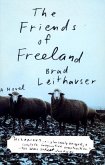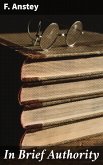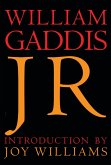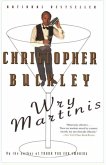In "Democracy, an American Novel," Henry Adams explores the intricate dynamics of politics and personal relationships in the context of late 19th-century America. Employing a witty yet incisive narrative style, Adams intertwines elements of satire and social critique to examine the complexities of democracy, especially as it relates to the roles of gender and integrity in governance. The novel reflects the disillusionment of the Gilded Age and raises critical questions about the authenticity of political ideals in a rapidly industrializing society, making it both a compelling narrative and a sharp commentary on the political landscape of the time. Henry Adams, a member of the illustrious Adams political family, served as a historian, writer, and educator. His deep-seated skepticism toward government institutions and his unique perspective influenced the creation of "Democracy" as he grappled with his own tumultuous experiences in Washington, D.C. The book emerges as an exploration of the tension between personal ethics and public life, reflecting Adams's own ideological conflicts and his keen observations of society's contradictions. "Democracy, an American Novel" is a crucial read for anyone interested in American literature, political theory, or the social history of the late 19th century. Adams' nuanced portrayal of the delicate interplay between personal motives and political realities offers timeless insights, encouraging readers to reflect on the state of democracy both in his era and today.
Dieser Download kann aus rechtlichen Gründen nur mit Rechnungsadresse in A, B, BG, CY, CZ, D, DK, EW, E, FIN, F, GR, H, IRL, I, LT, L, LR, M, NL, PL, P, R, S, SLO, SK ausgeliefert werden.









